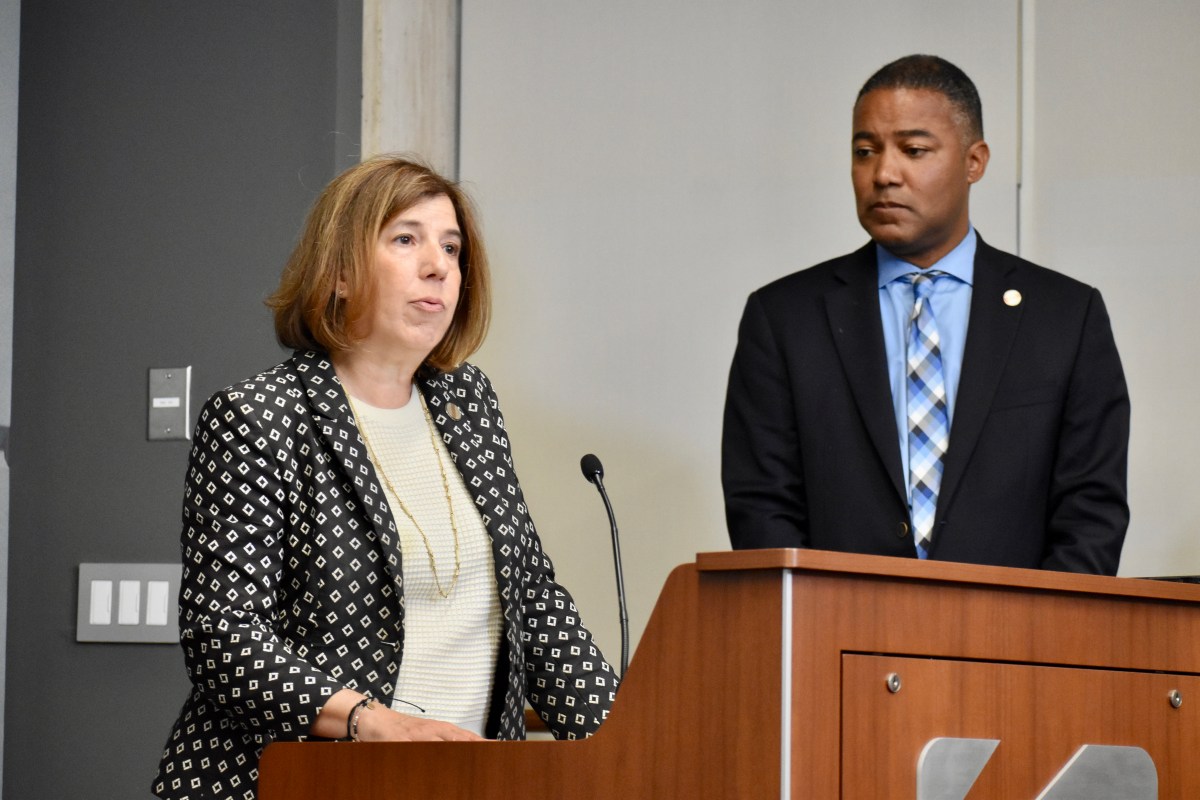BRUSSELS (AP) — Expecting that Russian President Vladimir Putin will cut off vast natural gas supplies to the European Union, the bloc’s head office is set to propose energy cuts and savings Wednesday that might make for a much colder winter, but one without massive disruptions.
Since Russia invaded Ukraine, the EU has approved bans on Russian coal and most oil to take effect later this year but did not include natural gas because the 27-nation bloc depends on it to power factories, generate electricity and heat homes. Now, it fears that Putin will cut off gas anyway to try to wreak economic and political havoc in Europe this winter.
“We are working on the worst possible scenario,” said Eric Mamer, spokesman for the European Commission, the EU’s executive arm. “And that scenario — an assumption, therefore — is that Gazprom would no longer deliver any gas — any gas — to Europe.”
Experts were still plotting how to spread the pain of cuts equally among member states under the plan. Up to the last hours, EU officials were putting final touches on how the proposals would look, including how far guidance would go and where mandatory rules would have to kick in.
Early leaks said the plan for call for EU nations to limit gas consumption by as much as 15%, but changes could still come at the last moment.
The aim is to ensure essential industries and services like hospitals could keep functioning, while others would have to cut back. That could include lowering heat in public buildings and enticing families to use less energy at home.
EU nations and the Commission have gone on a buying spree to diversify its natural gas sources away from Russia, but they are still expected to fall far short of providing businesses and homes with enough energy in the cold months.
Just Monday, the leaders of Italy, France and the 27-nation EU sealed energy deals with their counterparts in Algeria, Azerbaijan and the United Arab Emirates.
Even if the EU has enough gas to keep the lights on and factories running right now, it does so at painfully high prices that have fueled runaway inflation and caused public uproar.
Russia has cut off or reduced gas to some EU countries, and there are fears that the energy crisis will get worse if Moscow does not restart a key pipeline to Germany after scheduled maintenance ends Thursday.
“We already have 12 countries or in certain cases, companies within countries that, from one day to the next, have experienced disruptions, either full or partial flow from gas from Gazprom,” Mamer said. “It is impossible for us to predict how Gazprom is going to act.”
Reliance on Russian gas varies greatly among member states, with Germany heavily affected by any possible cutoff.
Germany’s biggest importer of Russian gas, Uniper, said it had received a letter from Russia’s Gazprom claiming “force majeure” — events beyond its control — as the reason for past and current shortfalls in gas deliveries, a claim that the Uniper rejected.
Analysts say the impact of the move on future gas deliveries is uncertain.
Gazprom reduced gas deliveries through the Nord Stream 1 pipeline to Germany by 60% last month. The Russian state-owned gas company cited alleged technical problems involving equipment that partner Siemens Energy sent to Canada for overhaul and couldn’t be returned because of sanctions.
German and other European leaders reject that reasoning, saying the reductions were political.
























